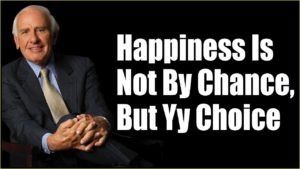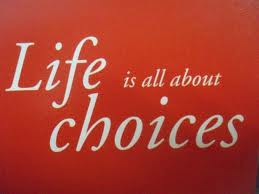 Knower/Judger vs Learner/Researcher: Part 2
Knower/Judger vs Learner/Researcher: Part 2
Last month I used the terms “role” and “soul” to help clarify the difference between being in my K/J state and my L/R state. My “role” is the life script I’m executing, with all its goals and achievements that I can feel good or bad about hitting or not hitting. My “soul” are the untethered “think-out-of-the-box” parts of me that live in my thoughts and dreams… and sometimes run afoul of my role(s).
Another dichotomy that describes our Knower/Judger vs. Learner/Researcher functioning is “satisfied” vs. “happy.”
Pick a feeling. I can feel disappointed, proud, frustrated, sad, worthless, anxious, relieved, bored, weak, trapped, glad, pleased… and so on.
Where do my feelings come from? I believe a feeling is the immediate result of some occurrence relative to my expectation. I perpetually judge what is happening against what I expected to happen, and I frequently have positive or negative feelings about those comparisons. This explains why it is called the Knower/Judger state. I know what I expect to happen and then judge what happens against my expectation.
One of my favorite coaching sayings is this: “The biggest source of frustration is expectation.” When the outcome falls short of my expectation, I can easily develop a negative feeling about it. When expectations are exceeded, my feelings are positive.
I can express my range of responses—from totally negative to totally positive—in degrees of “satisfaction.” Satisfaction, then, becomes a metric of how good I am at managing my expectations. The more I accept the data for what it is instead of relying on my level of hope, my life script, cultural norms, social media, or other filters standing between me and accurate data, the more likely my expectations will be met and the more satisfied I will feel.
There can be multiple levels of this. I may “hope” the next flip of the coin is “heads.” (Perhaps I’ve bet the title of my house on this toss.) The data say there’s a 50/50 chance no matter how many heads have already come up in succession (Google the “Gambler’s Dilemma”). It’s clearly a 50/50 probability, right?
But what do I feel when it comes out “tails,” which is not what I’d hoped for? Statistically I shouldn’t be dissatisfied with the outcome—I knew the odds going in. But I am dissatisfied because I’m now giving up the title to my house. (And perhaps I’m less dissatisfied by the outcome than I am my choice to bet my house title in the first place.)
Satisfaction (or lack thereof) is the purview of the K/J. It is an emotion developed from comparing an outcome to our expectation. If it’s a feeling, my K/J is feeling it.
What then of “happy”? I can describe “happy” as a feeling, but I’ve learned through a lot of reading over my coaching career and innumerable experiences that it serves me well to describe “happy” as a state of being instead of a measure of satisfaction.
I have found that my expectations do not have to be met in order for me to be happy. Semantics, you say? I can, of course, lump the happy-unhappy continuum into the “feelings” category, but I‘ve found choosing to experience the state of being happy serves me best. When suddenly dis-satisfied, I don’t judge and cry “Why me?”. I remind myself that I am happy… because I choose to be. While most of the world, I believe, find these two terms synonymous, I find usefulness in separating them. “Happy” trumps “satisfied” when they come into conflict.
I can be dissatisfied and unhappy (and then I’m in a generally miserable place).
I can be satisfied and unhappy (i.e., middle execs in corner offices with reserved parking spaces who never get to see their kids).
I can be dissatisfied and happy (and here is where I begin to regain control of my life).
I can be satisfied and happy (in a struggle-free existence).
I am the latter when all of my “rules of life” are working and I am being the person I want to be.




